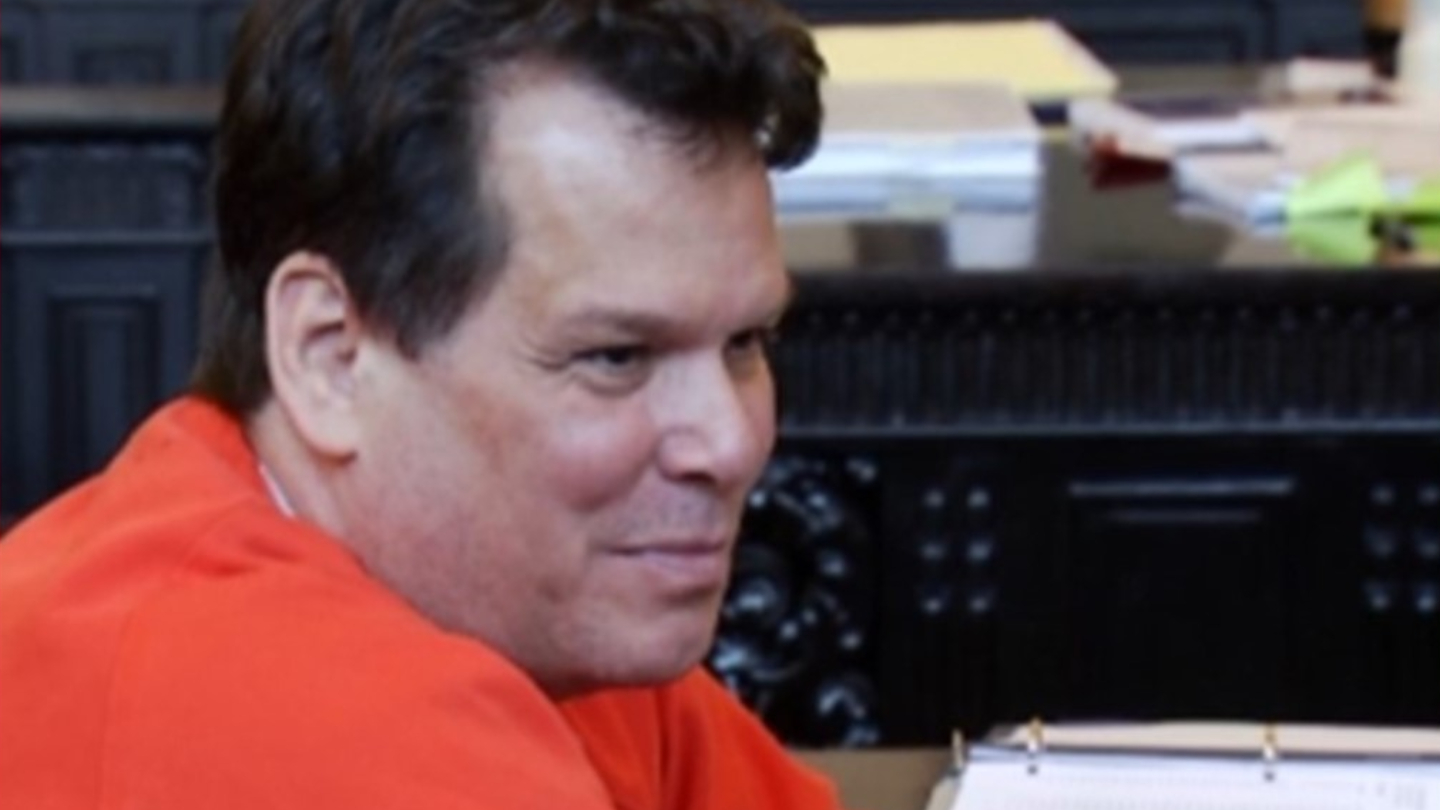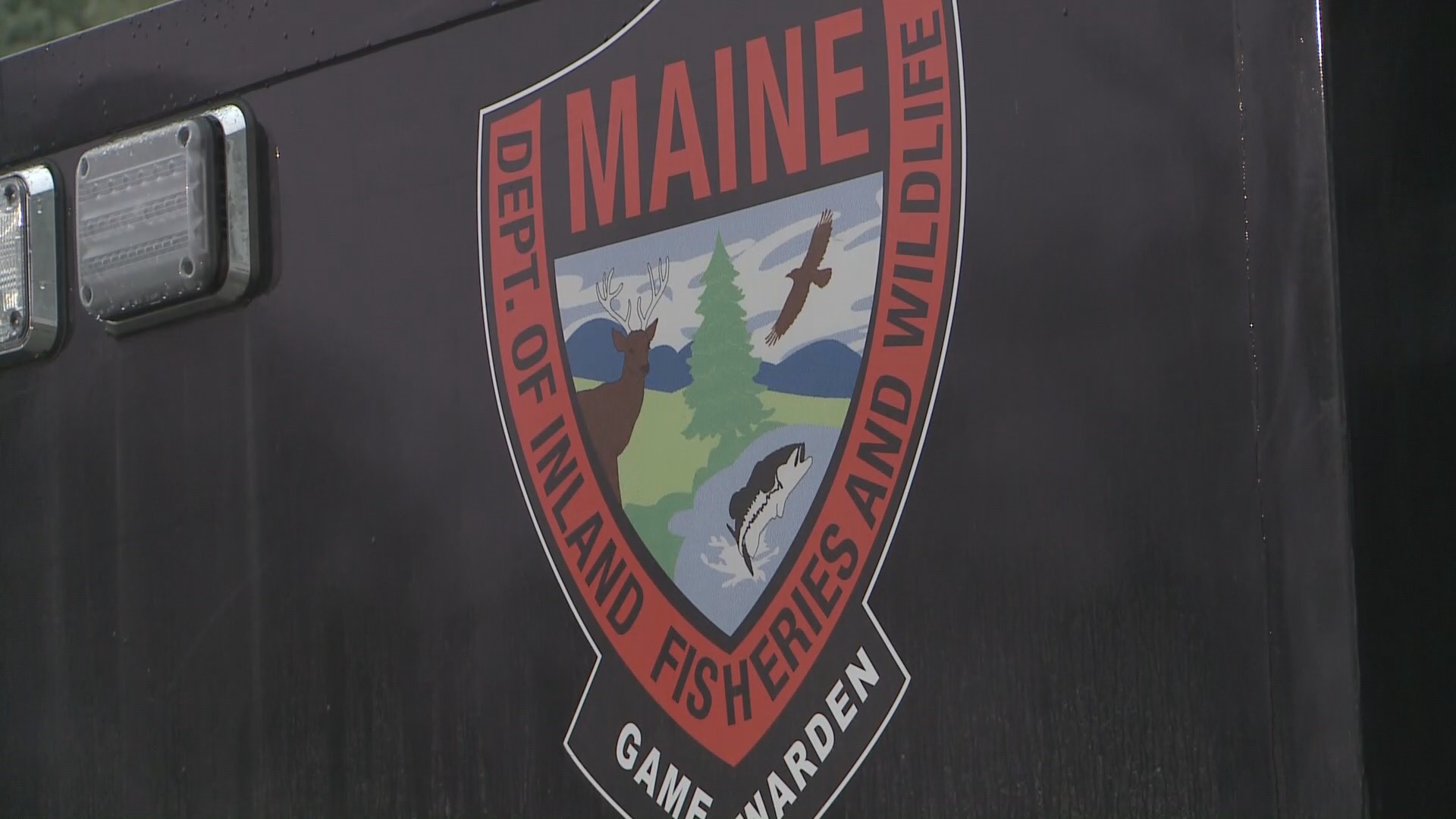Maine voters faced several ballot questions, including initiatives that seek to expand background checks for gun sales, increase the minimum wage and tax high earners to pay for education. Question 1, marijuana legalization appeared as the top question on the list.
Maine was one of five states considering legalization of recreational use of marijuana this year.The statewide referendum comes in the wake of a pair of cities, Portland and South Portland, approving legalization on the local level. Another city, Lewiston, shot down a similar proposal.
If approved, Maine would allow cultivation, manufacture, distribution, testing and sale of marijuana and marijuana products. Marijuana would be taxed at 10 percent and subject to local restrictions.
There were also a slew of other referendum items on the ballot.
Question 2 posed a 3 percent tax on peronal incomes over $200,000 to fund education for students in kindergarten through 12th grade.
Question 3 was one of the most contentious over new requirements for background checks for people who buy firearms. It would require the checks before the sale or transfer of firearms between people who are not licensed as firearms dealers. Failure to do so would be punishable by law.
Maine voted yes on Question 4, a proposal to raise Maine's minimum wage from $7.50 per hour, topping out at $12 per hour in 2020 and annual cost-of-living increases thereafter.
Maine
The latest news from around the state
Question 5 would implement ranked-choice voting for state legislators and members of Congress. Maine would be the first state in the nation to have ranked-choice voting across the state. The ballot would allow voters to pick their first-choice candidate, but also rank the other candidates in order of preference. In that case, the last-place candidate is eliminated, and the ranked choices are counted. The candidate with the most votes in the final round is the winner.
Voters approved Question 6, a $100,000,000 bond issue for construction, reconstruction and rehabilitation of highways and bridges and for facilities, equipment and property acquisition related to ports, harbors,marine transportation, freight and passenger railroads, aviation, transit and bicycle and pedestrian trails, to be used to match an estimated $137,000,000 in federal and other funds.



